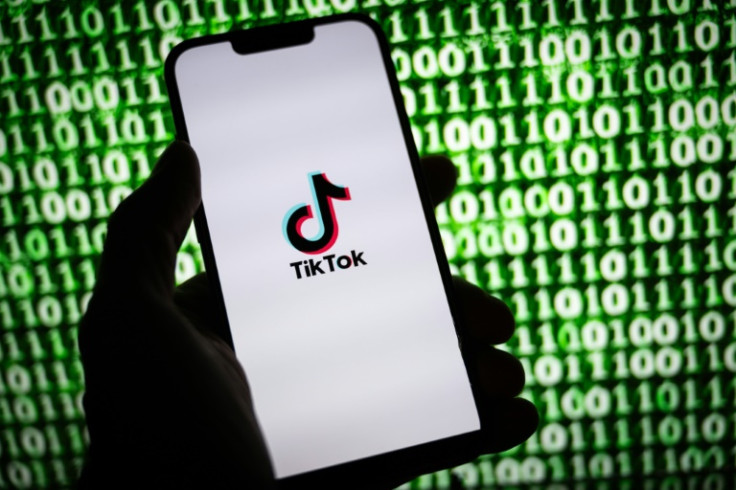TikTok Faces Existential Crisis: Divestment Bill Passes US House Amid Controversy
In a decisive move that could shape the future of the social media landscape, the U.S. House of Representatives has approved a bill compelling China's tech juggernaut, ByteDance, to divest its widely popular app, TikTok, or risk facing an effective ban within American borders.
The legislative maneuver, labeled the "Protecting Americans from Foreign Adversary Controlled Applications Act," sailed through the House with an emphatic 352-65 vote, sending shockwaves across the tech industry and igniting a heated debate on national security, civil liberties, and the role of government intervention in digital realms. It still must pass the Senate and be signed into law by President Joe Biden for the ban to become law.

However, amid the resounding applause from proponents of the bill, dissenting voices have emerged, vehemently challenging its constitutionality and warning of potential encroachments on First Amendment rights. Tech policy experts and civil liberties advocates, including the American Civil Liberties Union and the Knight Institute, have raised red flags, cautioning against the draconian measures that could stifle free expression in the digital sphere.
"The legislation, while well-intentioned, risks trampling on the First Amendment rights of millions of Americans and depriving small businesses of a crucial platform for growth," remarked a TikTok spokesperson in response to the bill's passage.
The saga surrounding TikTok's fate has been rife with political intrigue and power struggles. Former President Donald Trump's administration, citing national security concerns, spearheaded efforts to ban TikTok from U.S. app stores in 2020, a move that met with legal challenges and sparked intense negotiations between ByteDance and the U.S. government. However, the advent of the Biden administration ushered in a period of uncertainty, as talks stalled and the fate of TikTok hung in the balance.
President Joe Biden's stance on the bill has added a layer of complexity to the unfolding drama. While Biden himself had embraced TikTok as a campaign tool, creating an official account in February, his administration's support for the divestment bill signals a pivot towards a more assertive approach in safeguarding national interests. White House press secretary Karine Jean-Pierre's acknowledgment of the administration's involvement in crafting the legislation underscores the gravity of the situation.
In the Senate, where the bill now faces an uncertain future, divisions abound. Senate Majority Leader Chuck Schumer's reluctance to commit to a vote reflects the uphill battle ahead, as lawmakers grapple with the complexities of balancing security concerns with constitutional rights. Democratic Chair of the Senate Commerce Committee, Sen. Maria Cantwell, has echoed these sentiments, emphasizing the need for a constitutional framework that upholds civil liberties while addressing legitimate security threats.
As the fate of TikTok hangs in the balance, stakeholders from all corners are bracing for seismic shifts in the digital landscape. TikTok creators, who have built empires on the platform's viral appeal, are scrambling to diversify their businesses amidst fears of a looming ban. Venture capitalists and industry insiders are closely monitoring developments, speculating on the potential valuation of TikTok's U.S.-only business and the ripple effects on the broader tech ecosystem.
© Copyright IBTimes 2024. All rights reserved.












